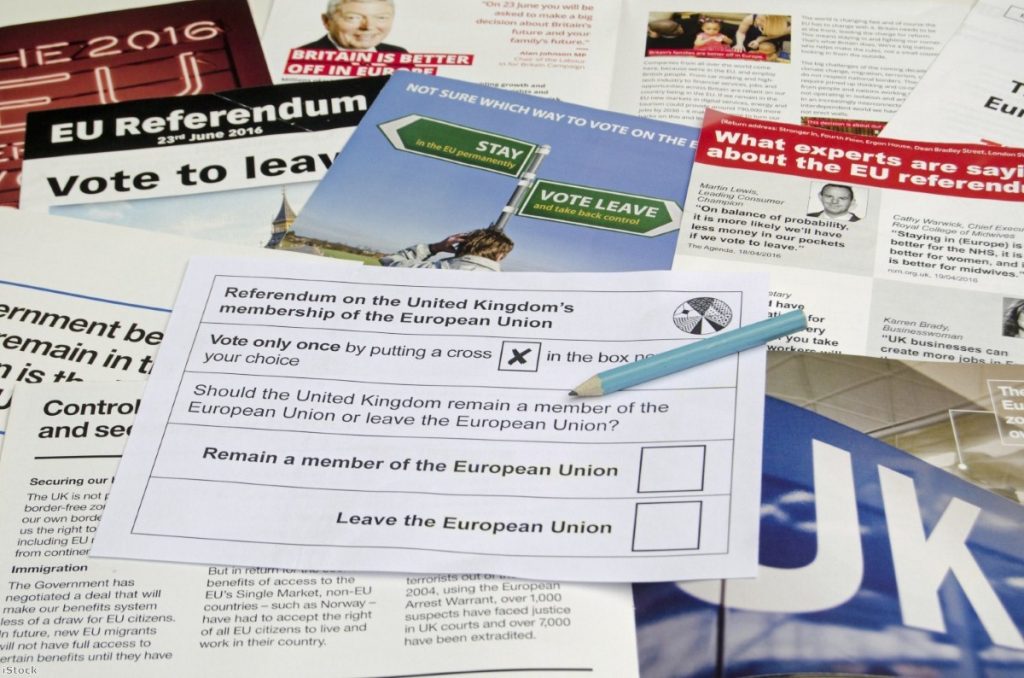By Molly Scott Cato
Politics is the art of the possible. This old adage is often used to lower expectations and excuse inertia and inaction. Indeed, Greens are often condemned for being unrealistic; for not respecting the limits of possibility in terms of creating a sustainable and humane society. But the referendum campaign has seen politicians selling dreams and fantasies that seem to be the art of the impossible, so it is high time to apply the art of the possible test to them.
Following his Sky TV appearance Michael Gove seemed to get cold feet over Brexit, saying that we would still be EU members until the end of this parliament in 2020. While untested, the process of leaving the Union is set out in article 50 of the Lisbon Treaty. This makes clear that any future relationship with the EU will be in the hands of the countries who remain EU members, and that the terms of this relationship will be determined within two years. We will then be handed the new terms whether we like them or not. Gove seems to have run up against a real world limit that perhaps he does not understand: European law is codified and explicit, as distinct from our common law tradition.
Even if Brexiteers could determine our own post Brexit destinty, is Gove seriously suggesting that the Tories will delay triggering the extraction process? Economically, it would be a bit like pulling teeth, triggering exactly the sort of extended uncertainty that is an economic nightmare. Imagine a future in which the Tories continue their civil war while businesses look in horror as a lame duck government is unable to tackle major issues, let alone day to day decision making.


Those wanting us to leave the EU also naively imagine a warm glowing relationship will emerge between ourselves and our European neighbours following Brexit. They wrongly assume they will 'obviously' want to maintain good relationships with us. This might go down well with a fine claret at dinner tables in the leafy Home Counties; it is unlikely to be received so warmly in the political corridors of European capitals. After all, 27 other nations, determined to keep together the political union in which they have invested so much, will just have received the political equivalent of two fingers.

The Brexiteers' economic arm-waving also fails to acknowledge political realities. No doubt EU firms would continue to wish to sell to UK consumers but outside the single market the terms of trade would turn against us, with a high likelihood that what we bought would be more expensive. As for exports, these would inevitably face tariffs and become more expensive and less attractive. During the interim, while we negotiate our exit, competitors would gain advantages in those markets.
As to the longer term, companies that want to operate and sell from within the single market would shift their investment to countries that remain a part of it. Politically it is unthinkable that we would be allowed all the benefits of being part of the single market without paying the price to keep that single market running, a point made clear by a number of European politicians.
A good example is the suggestion of scrapping VAT on fuel, an issue I work on in the European Parliament. How could a single market work if one country reduced the rate of VAT thus gaining an unfair competitive advantage? Our continued membership of the EU allows me to argue instead for zero rates of tax for energy efficiency products and abolishing the ‘tampon tax’ right across the single market and using the campaigning energy of environmental groups and women to help all Europeans.
Gove and Johnson have both shown that when they have been given political power they have both failed spectacularly. Johnson's tenure as London mayor saw all the crises facing London grow worse, especially a spiraling housing crisis and inaction on the city’s deadly air pollution. Gove has presided over a devastating attack on our schools, including a very public u-turn on examinations, and the virtual collapse of our criminal justice system. Neither of them inspire confidence and the idea of them turning their dubious talents to remolding our post-Brexit future is truly terrifying.
Politicians do need to offer people a vision of a better future; this is how societies progress. But to sell vulnerable people dreams that cannot be achieved is to trade in a dangerous currency. Johnson and Gove can afford to be irresponsible: they are rich enough to be buffered personally against the economic risks of Brexit and will leave it to their erstwhile colleagues in the cabinet to deal with the immediate speculative attack and longer term loss of investment that a vote for Leave would result in. For those outside the elite we should weigh very carefully the vision that is on offer and decide whether it is possible or merely fantastical.
Molly Scott Cato is Green MEP for the South West of England, elected in May 2014. She sits on three committees in the European Parliament. She is formerly Professor of Strategy and Sustainability at the University of Roehampton. See here for further details.
The opinions in politics.co.uk's Comment and Analysis section are those of the author and are no reflection of the views of the website or its owners

